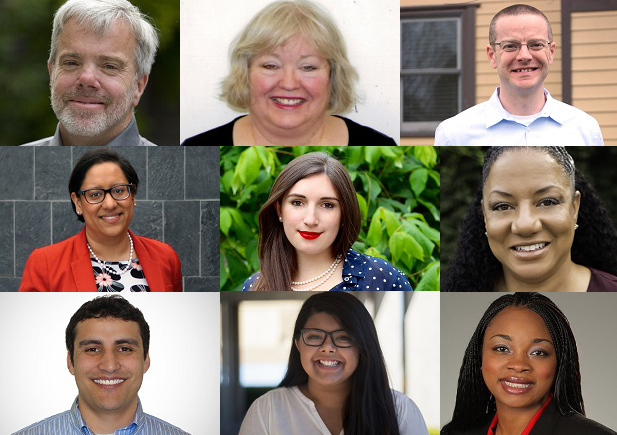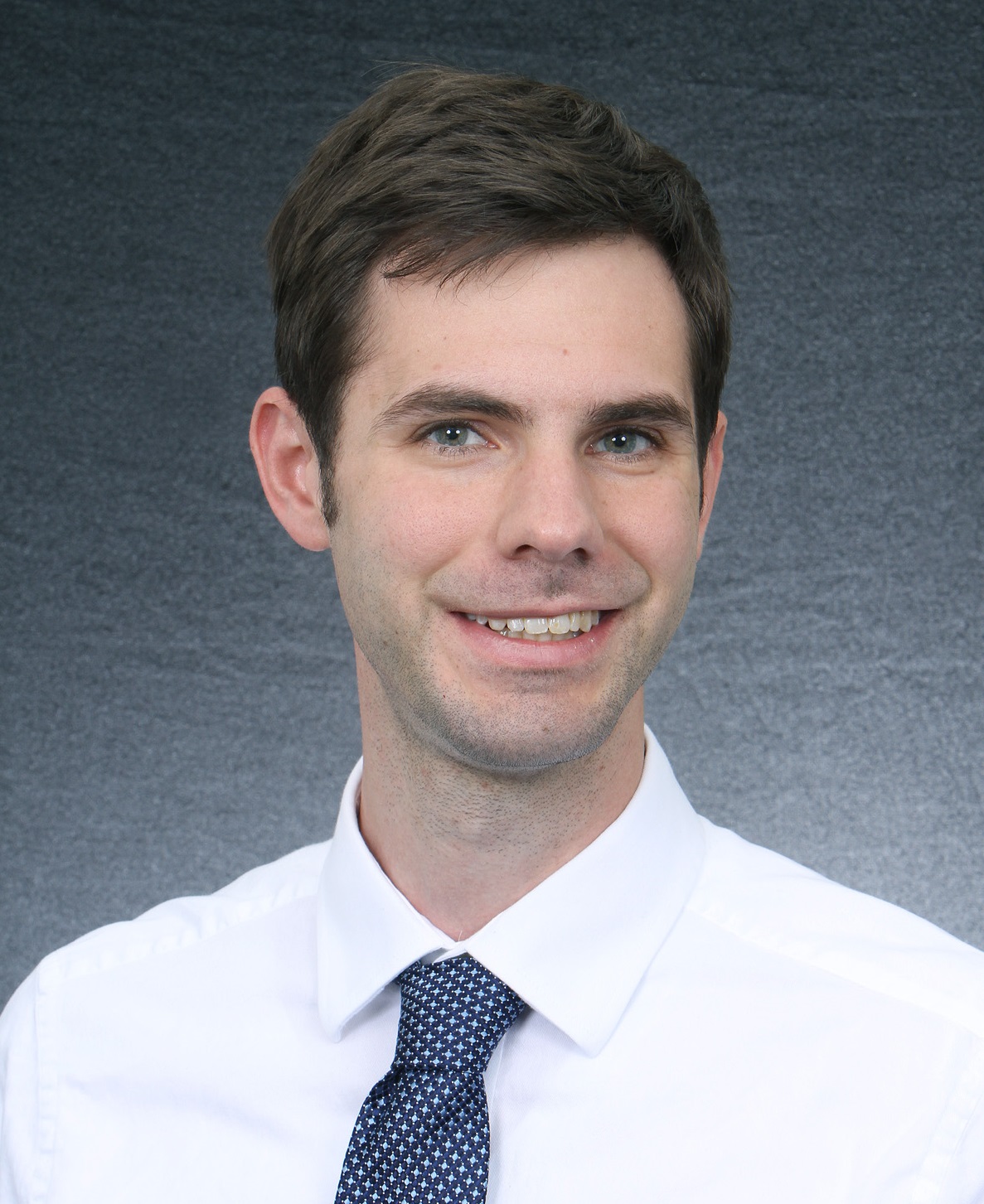A new report that describes America’s high school guidance counselor system as “perilously weak” reminds me of the one time I went to a high school guidance counselor for a little help choosing a college and a career.
According to the report – Can I Get a Little Advice Here? How an Overstretched High School Guidance System Is Undermining Students’ College Aspirations, by Public Agenda – nearly half of young adults in a recent survey said they usually felt like “just another face in the crowd” when dealing with their guidance counselors.
That’s how I felt back around 1990 at John Marshall High School in Milwaukee. I went into the guidance counselor’s office looking to have a meaningful conversation based on my talents and interests. Instead, she told me to go into a room and look at a list of careers on a computer. The experience was off-putting; it seemed like she had more important things to do than talk with me.
Fortunately, I got into a pretty good college and found a rewarding career in journalism. But for many youths, particularly those from families where neither parent went to college, a bad experience with a high school guidance counselor can have highly detrimental effects, according to the Public Agenda report.
One of the key findings: Students who get perfunctory counseling are more likely to delay college and to make questionable higher education choices.
“There is also evidence of a pronounced negative financial effect,” the report states. “Students who believe that they have been poorly counseled are more likely to say they would have attended a different school if money were not an issue.
“They are also less likely to say that they received a scholarship or financial aid for college.”
On that last point about scholarships, I found supporting anecdotal evidence among students at Howard University in Washington, D.C., this past weekend. Riding my bike on the campus and striking up conversations with students to get more insight for what I write about here, I asked a few of them how much scholarship money they received.
I was surprised by how many said “none,” and that they never thought about competing for scholarships back in high school. You might think that every youth would be encouraged to do what it takes to at least try to win a scholarship, especially given the rising cost of tuition.
The responsibility to find the right college and the means to pay for it are best carried out when young people are equipped with the information they need to make good choices, and that information is best conveyed through human interaction, not just sitting down at a computer and going over a list.
When the Public Agenda survey asked young people to rate a dozen ideas that might help them get through college or some other type of postsecondary programs, 72 percent indicated that “the opportunity to talk with advisers who know all about the different college and job-training programs so you can make a good choice” would help “a lot.”
The operative phrase there is “advisers who know.”
Unfortunately, as the report points out, many degree programs for guidance counselors do not offer coursework on helping students make the best postsecondary choices or on aiding youths on how to navigate the system of financial aid and student loans. Most states, the report says, do not require professional development for guidance counselors.
If such a lack of preparation is the norm for guidance counselors who in many instances are overworked, perhaps not saying anything is the best thing they can do. It’s better to get no advice than bad advice.





























